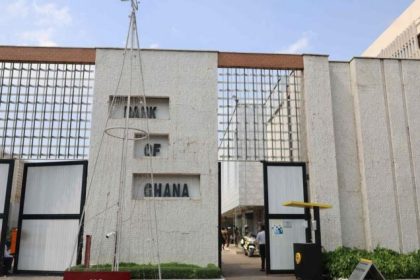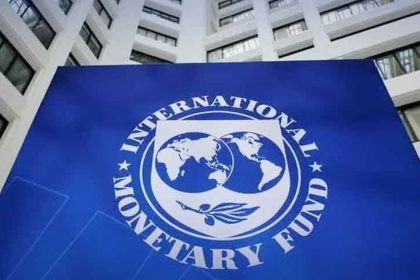The Ghana Gold Board (GoldBod) has forcefully denied reports that it has made losses exceeding GHC3 billion in its first year of operation, describing the claims as entirely fabricated and an attempt to discredit the institution’s work in Ghana’s gold sector.
In a strongly worded statement issued on Monday, GoldBod said it had taken note of a media publication alleging that the Board was losing thousands of cedis on every ounce of gold it purchased and had accumulated massive financial deficits.
The Board said the allegations were “entirely false and deliberately contrived to undermine the successes and significant contributions of GoldBod to the revitalisation of Ghana’s economy.”
It insisted that since its establishment, it had rather recorded “significant surpluses” and not losses.
GoldBod announced that it would soon publish its quarterly financial statements on its official website to provide transparency and counter misinformation about its operations. It also demanded an immediate retraction and unqualified apology from the media outlet that carried the original report.
The report at the centre of the controversy claimed that GoldBod was losing as much as GHC8,000 on each ounce of gold purchased due to factors such as assay discrepancies and exchange-rate volatility.
It further suggested that although GoldBod had bought more than 60 tonnes of gold, only a fraction of it had been added to the country’s official reserves, raising suspicions about possible leakages or operational inefficiencies.
These claims have generated public interest because GoldBod plays a central role in government’s efforts to curb gold smuggling, centralise gold purchases and strengthen domestic value retention.
Created under the GoldBod Act earlier this year, the institution was expected to support Ghana’s foreign-exchange stability and improve transparency in the gold-trading ecosystem.
GoldBod said the report was not only inaccurate but damaging to national efforts to clean up the gold value chain.
It urged the public to treat the allegations as “malicious misinformation” and maintain confidence in the institution’s mandate. The Board stressed that its financial health remained solid and its operations were being conducted with full accountability.
The dispute has drawn wider attention to the challenges associated with Ghana’s gold aggregation system, including exchange-rate risks, supply-chain traceability and the accuracy of gold-assay processes.
Analysts say the controversy underscores the need for clear reporting standards and stronger public communication within the sector.
GoldBod’s forthcoming financial disclosures are expected to play a crucial role in resolving doubts about its performance.
Until then, the institution insists that its books are sound, its operations are stable and the reported multibillion-cedi losses “exist only in the imagination of those who published them.”






